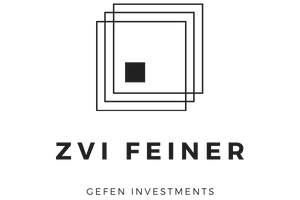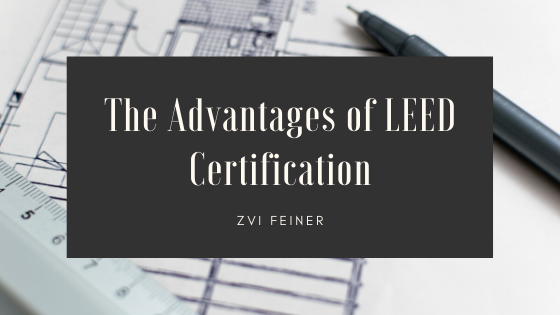LEED certification is one of the most talked about designations for buildings in the US. However, not many people know what it’s all about. LEED stands for Leadership in Energy and Environmental Design. This program was set up by the U.S. Green Building Council during the 1990s. Basically, LEED is a rating system designed to tell people how efficient and sustainable buildings are. It measures criteria like energy usage, air quality, type of materials used and proximity to public transit.
The LEED program is run by non-profit organizations. LEED designation is based on a points system. The most basic designation is LEED certified. These buildings have a total of between 40 and 49 points. The first level is followed by LEED Silver, then LEED Gold and finally, LEED Platinum. LEED Platinum buildings must earn 80 or more points when they’re evaluated. The LEED program is something people decide to participate in. It’s a good idea to consider LEED points because some federal agencies and other big employers prefer or require some level of certification.
There are other great reasons to pursue LEED certification, too. Participating in the program can lead to waived fees, tax credits and other great financial benefits. LEED certifications aren’t just limited to commercial buildings. Homes can be LEED certified. For residents, living in a LEED certified home can mean that their insurance is less expensive. There is also speculation that LEED certified buildings will retain their value better than comparable buildings.
LEED certification is also popular because it lets people know that a building was constructed responsibly. It has public relations value. The criteria for LEED certification are a good gauge for how much the team behind a building considers the environment, the community and people’s health when completing the project. These days, consumers are savvy about the impacts of building materials and decorations on their health. Knowing that a building is LEED certified, especially at a high level, can be reassuring for people who worry about the chemicals in paints, carpets and other products.
Overall, LEED certification signals intelligence. It’s a great way for construction teams to save money. It encourages health and happiness. It’s a perfect way to signal an understanding of the importance of sustainability.

